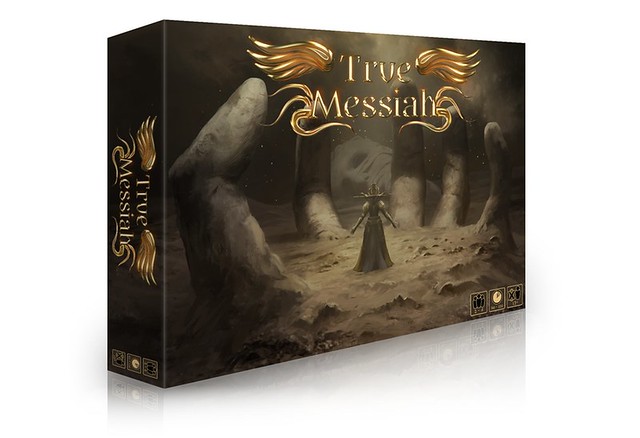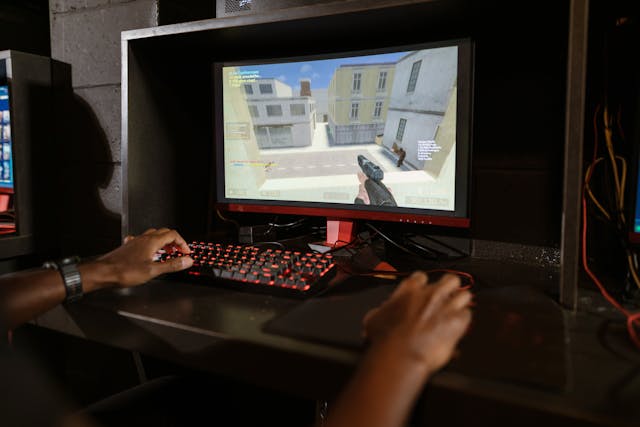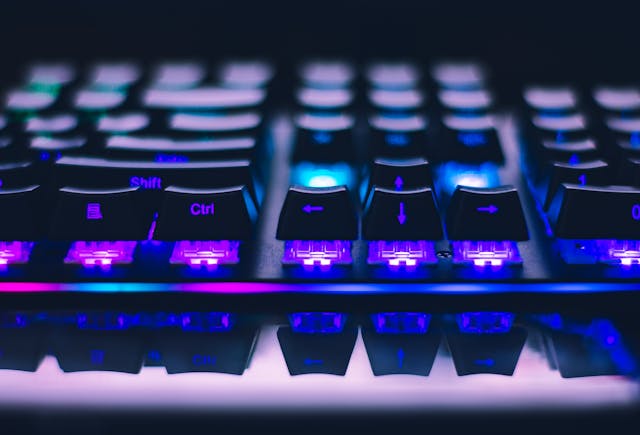Sinister Design’s True Messiah is a religious, strategy horror board game. It’s being billed as Dali meets Dune and features deck building, board control and gameplay for anywhere between two and four players.
The game centers around a device called the Belief Engine, it’s a scientific device that managed to bring strong beliefs into reality. This engine managed to completely collapse human civilization, and out of the ruins factions of sectional cults arose. Players will take on the roles of these cult leaders, aiming to control the horrors of the Belief Engine and maintain power in a world gone mad. It’s a crazy premise that sounds like the sort of thing that would be the brainchild of Gregory Widen and H.R. Giger.
Designer Craig Stern has been working on the board game, refining it and honing the craft to build a believable and engrossing game world True Messiah for the past 13 years. Yes, he started back in 2003 and is just now ready to finish up the project for a full public release. You can get a glimpse of what he’s aiming to create with the Kickstarter pitch video below.
The board game is already a bit of a hot topic within the tabletop community and its $32,000 goal is already a third of way complete thanks to more than 150 backers pledging funds to help bring the board game to life. With $10,000 accrued and 22 days to go, True Messiah looks as if it might actually succeed within the given time.
The artwork is truly inspired and the premise of the story seems dark, brooding and very cool. A narrative wrought in religious horror-fiction is like a completely under-utilized narrative framework that we just don’t get in enough games and fiction these days. At least Stern is experimenting and stepping outside the box.
If you like what Stern is working on and you think this is something you would like to see come to fruition, you can help contribute to the cause or you can learn more by visiting the official Kickstarter page.
According to the campaign, Stern plans on getting the tabletop board game done and finished by the summer of 2017 next year.







